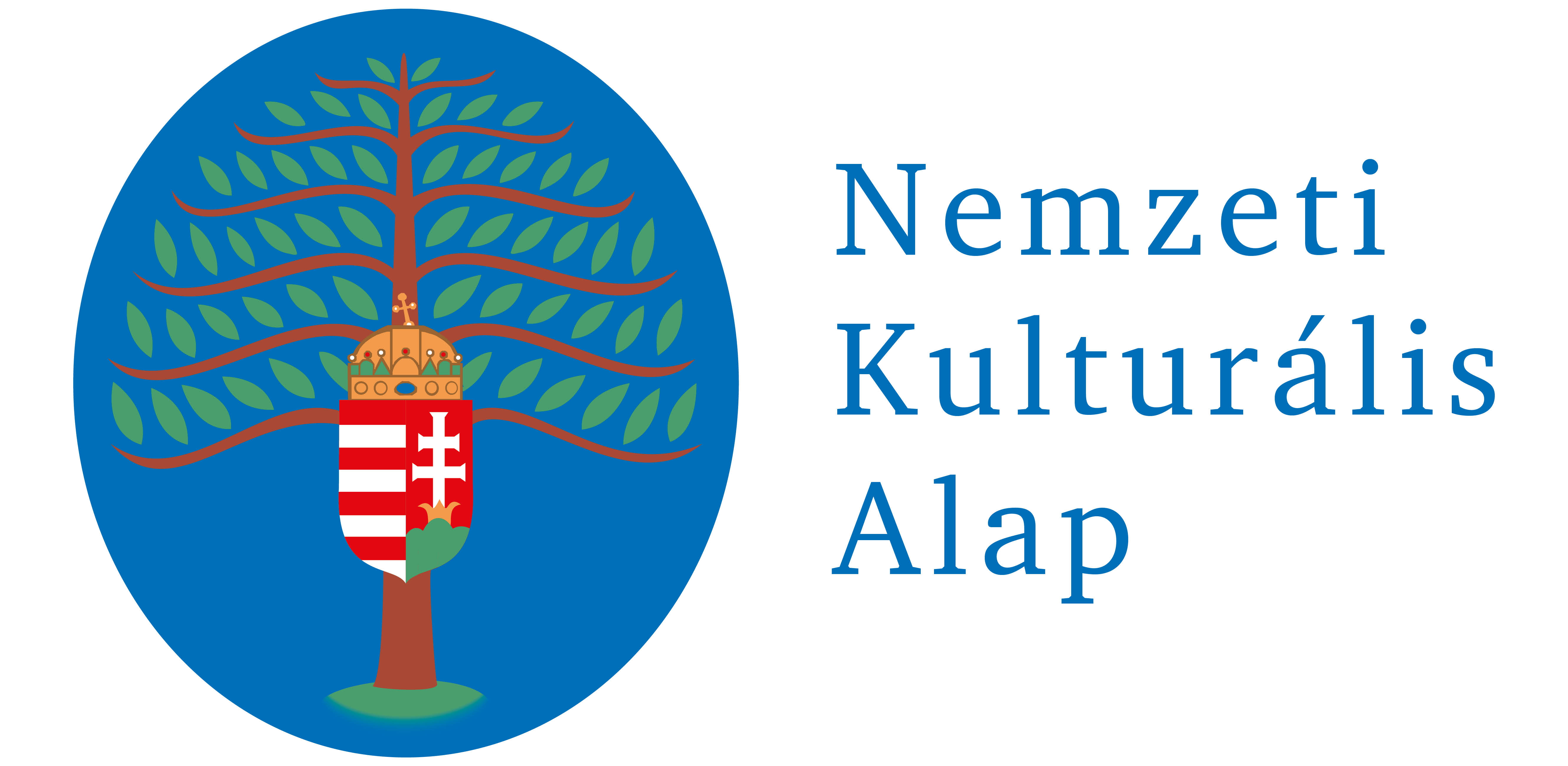Naptár
2024. április 15–19.
2024. április 20.
Eötvös József Kárpát-medencei középiskolai szónokverseny
2024. április 24. – május 3.
Tovább...
1. 2019.
Abstracts in English
Studies
Heltai, János Imre – Jani-Demetriou, Bernadett
The effect of translanguaging pedagogical orientation on school success
Although translanguaging is a key concept in contemporary sociolinguistics, there have been only few attempts for its empirical investigation. This study introduces the language pedagogical program Translanguaging classroom communication and effective learning organization in Tiszavasvari and the results of the related tests. The aim of the program is to increase the school success of bilingual Romani children. Results show that the application of translanguaging as a pedagogical orientation has a measurable positive effect on the children′s general linguistic competences and also on competences linked to particular languages. Those first grade students whose education contained more translanguaging not only had better results both in Romani and Hungarian text comprehension and text creation, but also spoke easier in the language of instruction at school. Another important result of the tests is that children whose language socialization at home follows both utterance modes of the family performed better in the test at the beginning of school compared to children whose language socialization was linked more to Hungarian, the language of the majority—with the intention to fulfil the expectations of society.
Bencze, Norbert
Supporting notetaking in education
The aims of this study are the psycholinguistic investigation of notetaking as a form of knowledge transfer typical in higher education, the analysis of attitudes towards notetaking, and the collection of related best practices in education. The results are based on two sub-projects. On the one hand, the investigation was based on the notes of 46 university students with special attention to strategies and methods in notetaking. On the other hand, the analysis of an attitude questionnaire related to the strategies and methods used in notetaking was carried out. Special attention was paid to the pedagogical and teaching aspects of notetaking. This research project has shown that the support of notetaking and the introduction of notetaking strategies are almost completely missing in the education system. Based on the results, the outlook section of this study introduces ways in which supporting notetaking can be implemented.
Workshop
Juhász, Valéria – Radics, Márta
Techniques for vocabulary assessment in Hungary
Vocabulary is an important component of text comprehension and learning competences. Therefore, exploring children′s vocabulary contributes to conscious teaching and development. This study first introduces research on vocabulary development, then it describes various techniques for testing vocabulary . After that the role of an individual′s vocabulary in comprehension is discussed. Certain investigations suggest that knowing the most frequent 5-6,000 words is sufficient for the comprehension of everyday texts. The research project of the Vocabulary Network Department in 2008, however, concluded that the text book families of a publisher contain 40,000 words on average between grades 3-8. Data shows that it is challenging even for an average child to keep up with the terminology used in textbooks. The second half of the study describes investigations and procedures that help us learn more about the individual′s vocabulary and might support the development of children′s text comprehension and learning competences.
Parapatics, Andrea
Dialects and modernity: new methods at school about dialects
This study introduces a teaching idea in line with the needs of digital natives for the extra-curricular processing of dialectology. First it introduces the challenges and tasks related to the teaching of dialectology. Then based on the phases of building a student portfolio, it takes into account the aims, planning, preparation, feedback, and evaluation of a portfolio about dialectology. The downloadable handout for students contains the tasks and the proposal for the evaluation criteria. The study finishes with introducing the possibilities of applying a student portfolio in a digital environment, with considering applications and websites for creating an e-portfolio, which might also be used efficiently when processing other parts of the curriculum.














